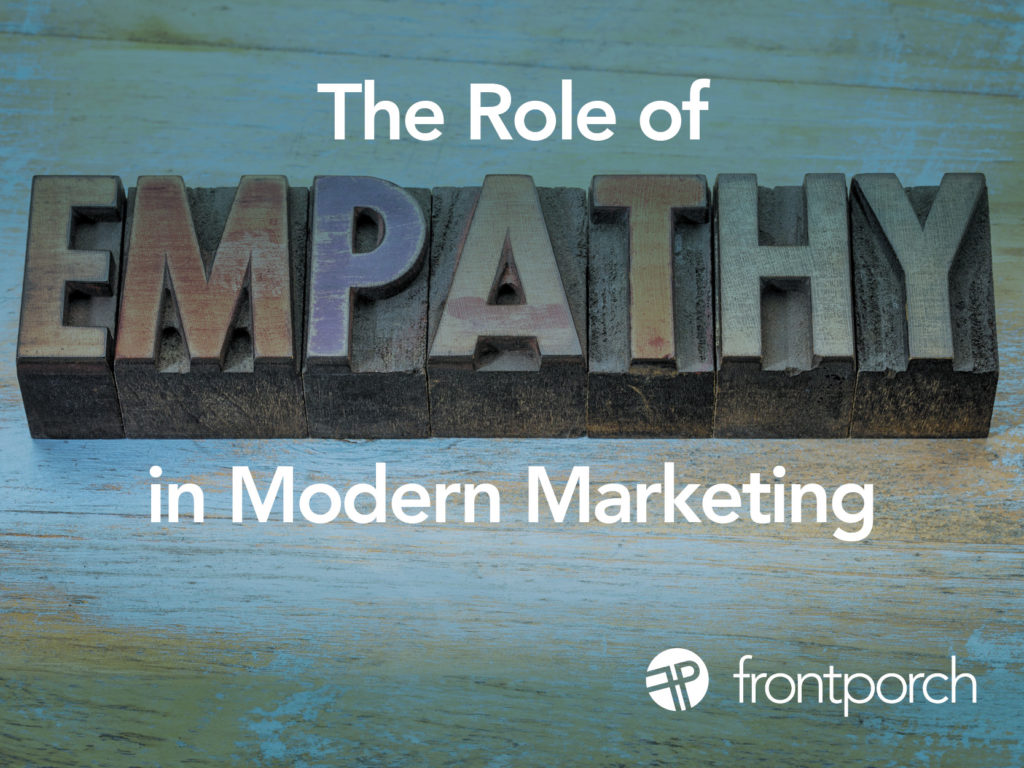
In a world oversaturated with ads, promotional content, and branded messages, consumers are seeking something more than just a product or service. They’re looking for genuine connections and authentic experiences. As marketers, we’ve learned that understanding our audience’s emotions and motivations in order to connect with them, is of greatest importance. This is where the power of empathy in modern marketing comes into play.
What is Empathy in Marketing?
Empathy in marketing is genuinely understanding and addressing the feelings, needs, and concerns of consumers. It’s about stepping into their shoes, seeing the world from their perspective, and tailoring our message to resonate with them emotionally.
Why is Empathy So Important in Marketing?
In today’s world, empathy in marketing is essential. Consumers are increasingly wary of brands that come across as insincere or that seem disengaged from their genuine needs. When a brand employs empathetic marketing, it not only fosters trust but also lays the groundwork for long lasting relationships. This approach emphasizes telling stories that deeply resonate with consumers.
Empathetic marketing has the ability to tug at the heartstrings or address the real world challenges that consumers face. Beyond storytelling, empathy in marketing makes customers feel valued. When a brand consistently recognizes and addresses their emotions and needs, it leads to increased loyalty and advocacy.
How Can Brands Integrate Empathy into Their Marketing Strategies?
For brands aiming to make a genuine connection with their audience, integrating empathy into marketing strategies is pivotal. To start, it’s important to listen to consumers by using tools such as social listening platforms, surveys, and feedback mechanisms. This allows brands to truly understand their audience’s sentiments, pain points, and desires.
In addition to this, brands should address the real issues their audience faces, showcasing how their products or services offer meaningful solutions instead of just highlighting their product features. Finally, humanizing the brand is key. By spotlighting real people, stories, and values behind a brand, businesses can foster a deeper sense of authenticity and relatability.
Real-World Examples of Empathetic Marketing
By focusing on genuine understanding and emotional connection, brands can navigate the saturated market and create lasting relationships with consumers. The fashion and beauty industries have seen numerous campaigns that have employed empathy to resonate with their audiences.
For example, Rihanna’s makeup line, Fenty Beauty, made waves when it launched with a groundbreaking range of 40 foundation shades, catering to a diverse range of skin tones often overlooked in the beauty industry. The brand’s emphasis on inclusivity earned it both acclaim and commercial success.
Another example is Dove’s Project #ShowUs. Dove partnered with Getty Images and Girlgaze to create the project #ShowUs — the world’s largest stock photo library created by women to shatter beauty stereotypes. This initiative was a response to the fact that 70% of women still don’t feel represented in media and advertising. By providing images that genuinely reflected women’s diverse appearances and experiences, Dove took another step in pushing the boundaries of beauty standards in advertising.
These examples highlight the ways in which fashion and beauty brands, through empathetic understanding of their consumers, can create campaigns that resonate on a deeper, more emotional level.
